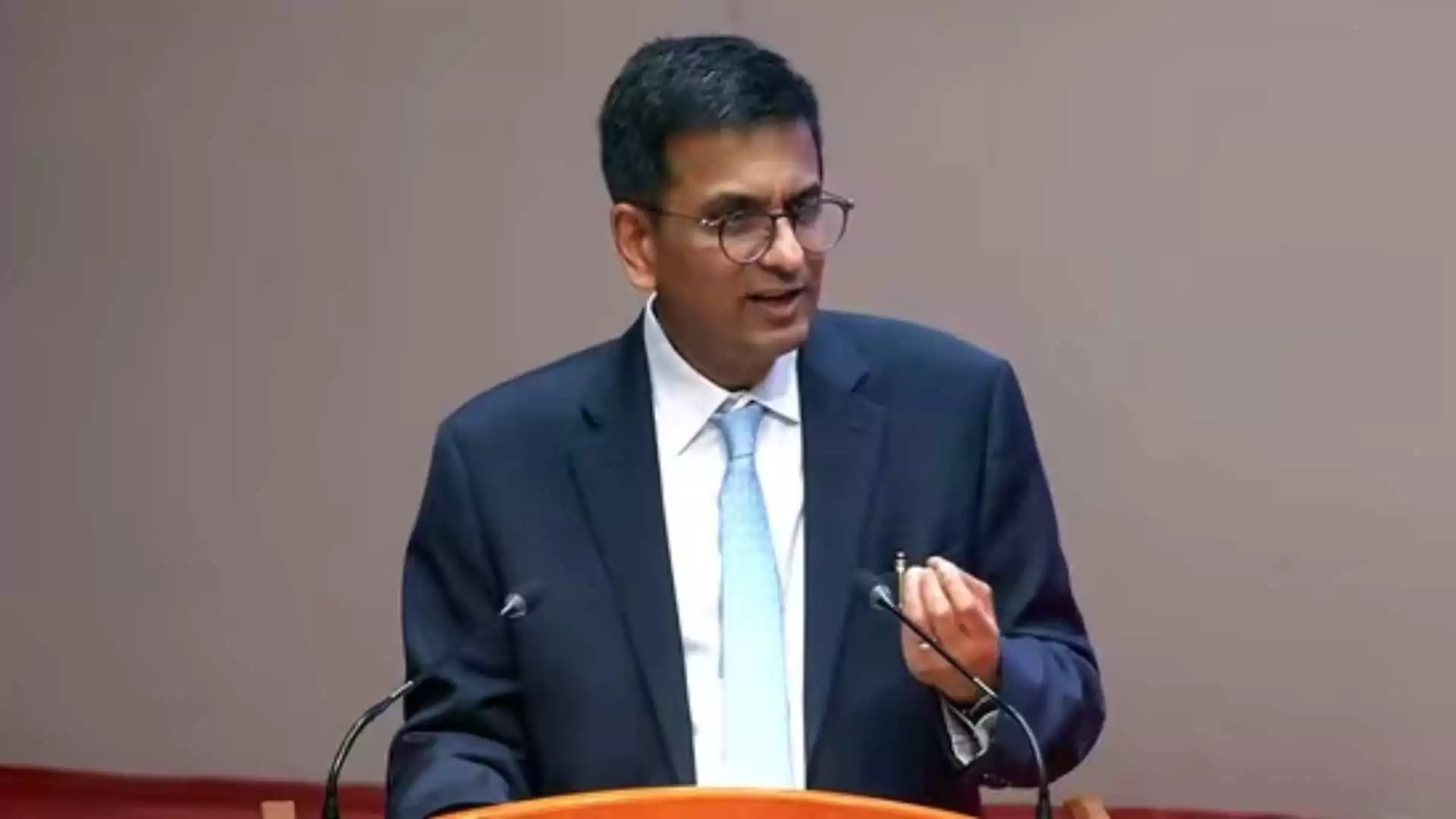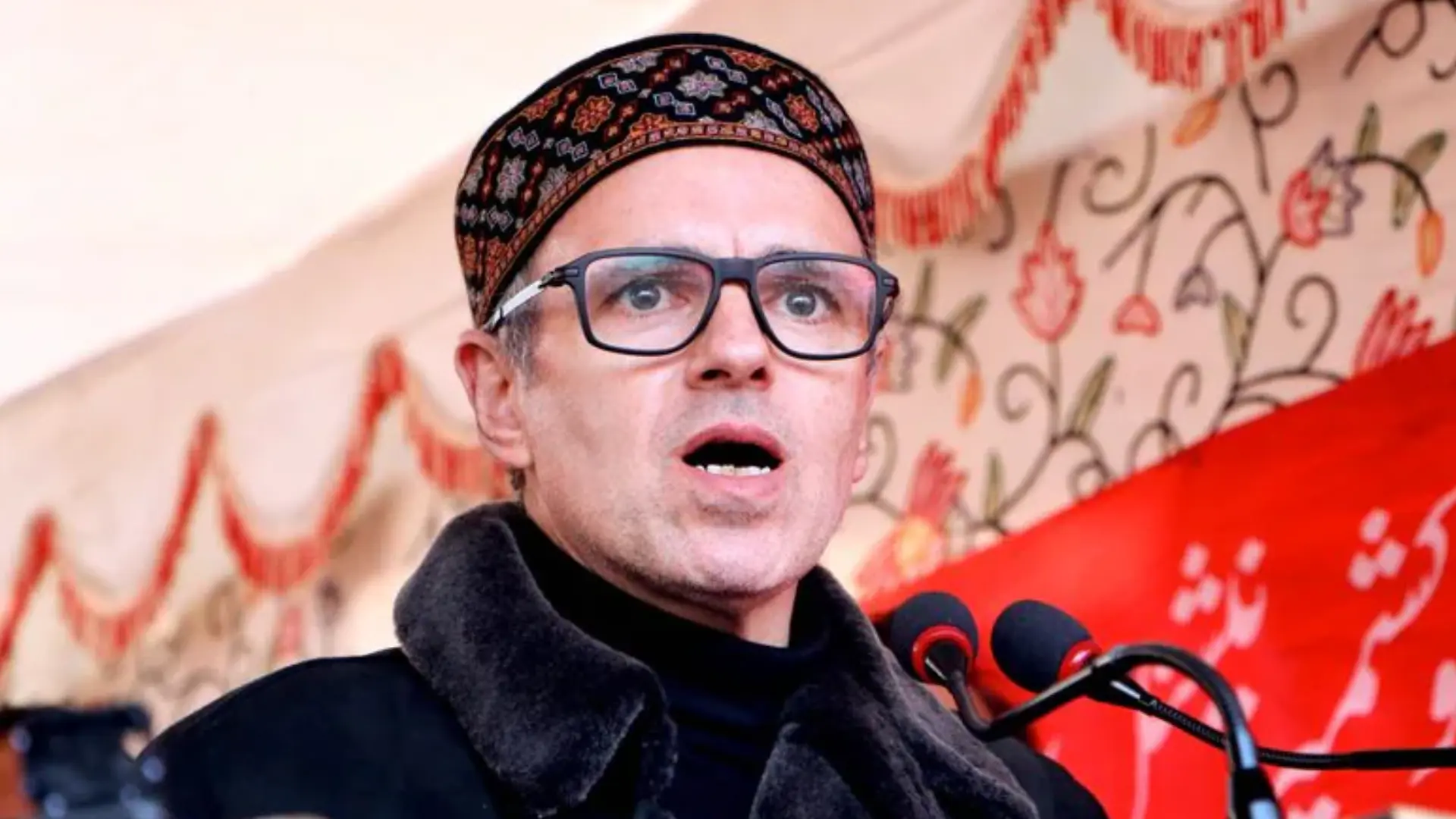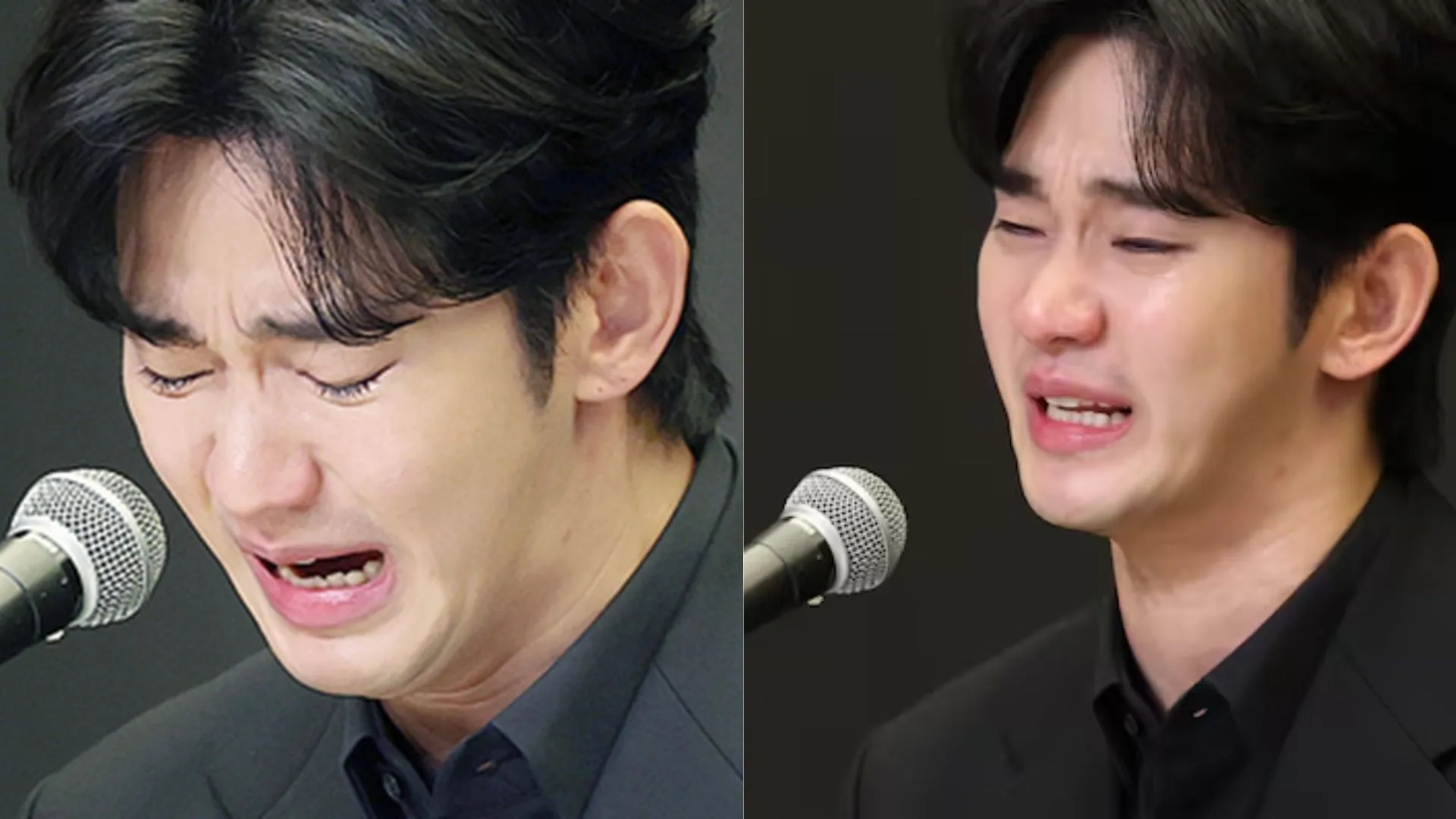In a recent statement, former Chief Justice of India (CJI) DY Chandrachud emphasized that the primary role of judiciary is to scrutinize laws and not to function as a substitute for the Opposition in Parliament or state legislatures.
Chandrachud’s comments follow Rahul Gandhi’s remarks
Chandrachud’s remarks follow comments by Rahul Gandhi, the Leader of the Opposition in the Lok Sabha, who claimed that the Opposition is currently undertaking responsibilities traditionally associated with the media, investigative agencies, and even the judiciary. Gandhi had remarked, “We are alone working on behalf of media, investigative agencies, and judiciary also. This is the reality of India.”
While the former CJI avoided directly addressing Gandhi’s statement, citing that it is not his place to comment on political matters, he underscored the importance of delineating the judiciary’s responsibilities.
Judiciary can not perform the role of opposition
“People should not presume that the judiciary should be performing the role of the opposition in Parliament or the State legislatures. We are here to scrutinize laws,” Chandrachud stated, highlighting the judiciary’s non-political mandate.
Addressing concerns about the perception of interactions between judicial figures and political leaders, Chandrachud clarified the nature of such engagements. He explained that the law often necessitates discussions between the Chief Justice, the Prime Minister, and the Leader of the Opposition. However, these interactions sometimes extend beyond official business into informal conversations.
Critical role of judiciary
“After you’re done with those conclusions, you are human beings, right? You’re going to spend 10 minutes after that having a cup of tea, talking about everything under the sun—from cricket to movies to something,” Chandrachud said, defending the natural social dynamics of such meetings.
The former CJI’s comments underline the judiciary’s critical role in upholding constitutional principles while maintaining its independence and non-partisan stance amidst public discourse.
Read More: Constitution Day Of India: Know About The Silent Architects Of Indian Constitution























